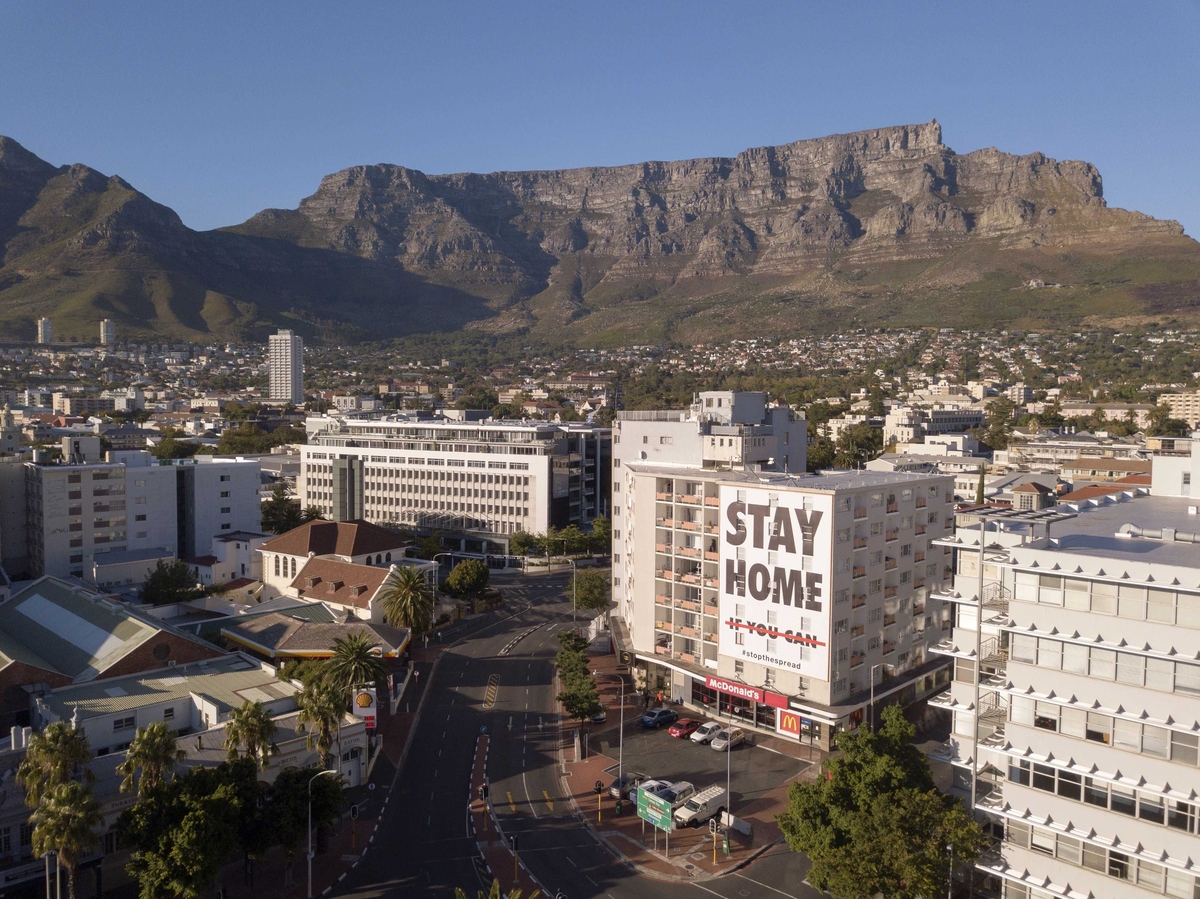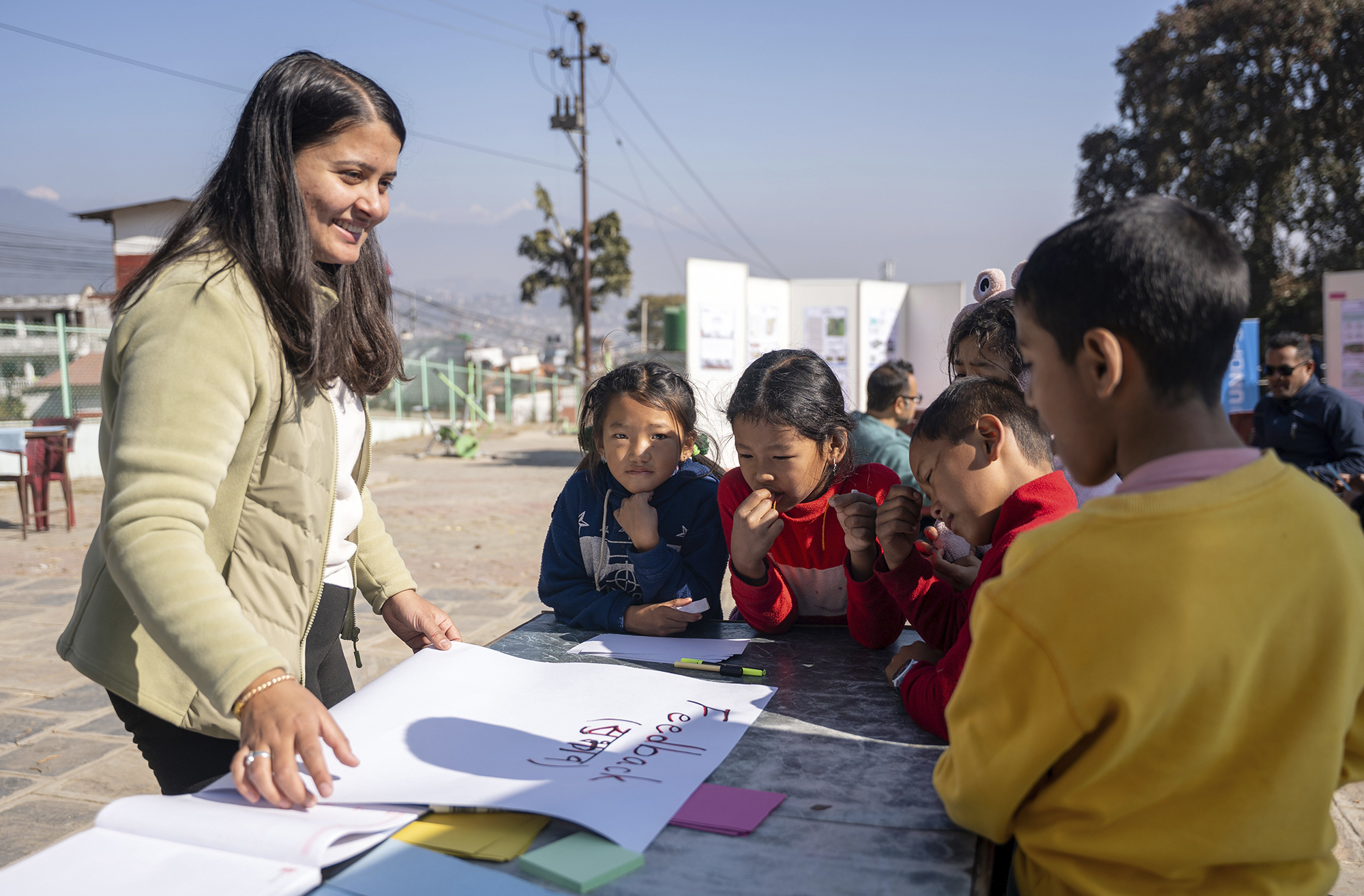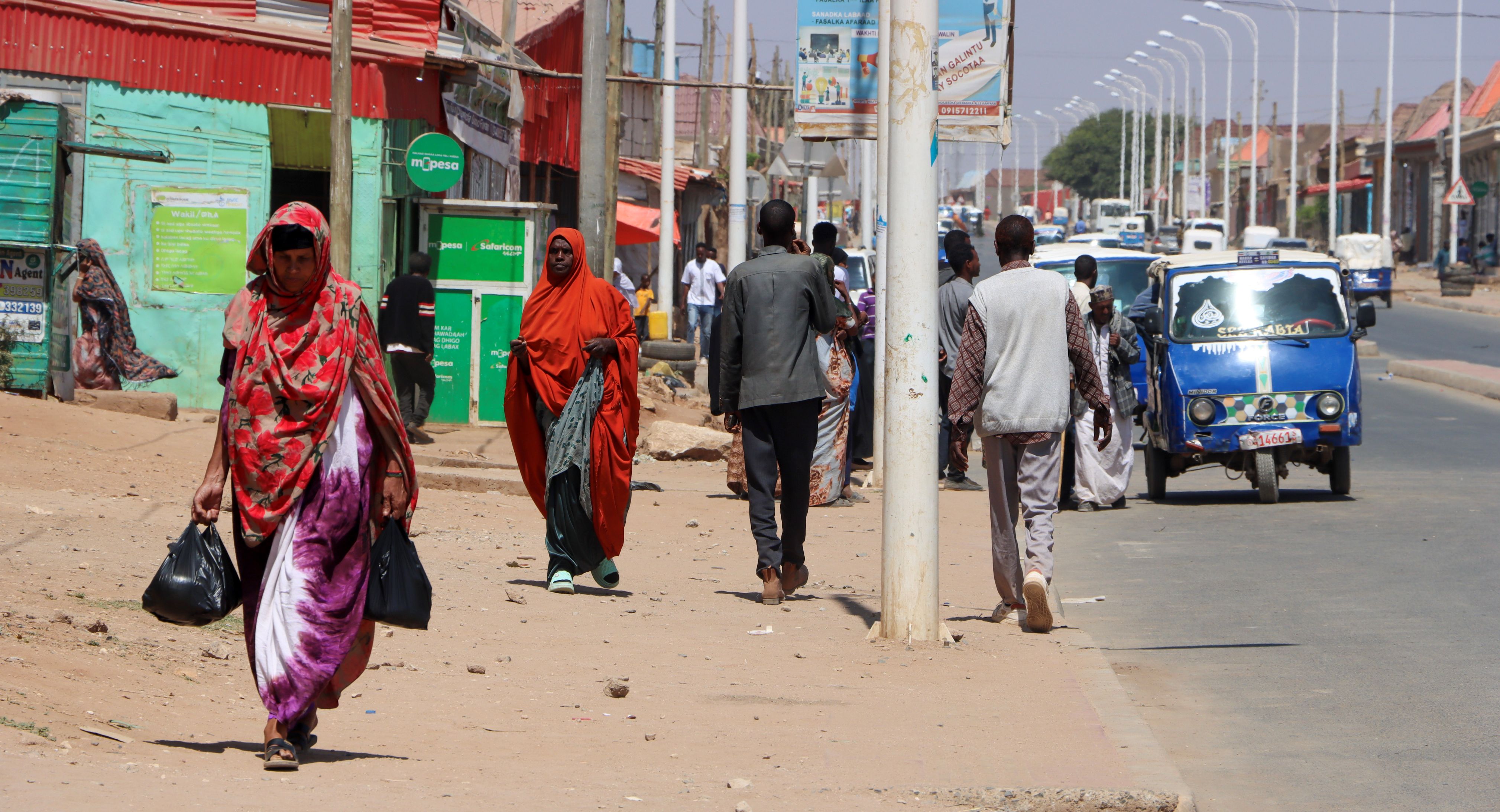The book comprises a collection of vignettes outlining ideas and arguments about how secondary and intermediary cities can recover from the impacts of COVID-19 and adopt a pathway towards more sustainable and regenerative development. It explores nine key sub-themes to the recovery, based on the evidence and opinions of experts in each field. It provides policy and planning recommendations, as well as practical initiatives and approaches that secondary cities can use. The publication is also a farewell tribute to the work of William (Billy) Cobbett, outgoing Director of Cities Alliance.
COVID-19 has changed the pathway of economic, social and technological development. It has accelerated the world, and especially cities, into advancing technologies and other changes to the nature of work, living and jobs in a way not conceived of prior to the crisis.
Brian H Roberts, Joshua Drake and Rene Hohmann, 2021.
Key Arguments and Ideas
- Three key principles should guide the recovery: rehabilitative development, sustainable development and regenerative development.
- A reassessment of urban strategy and the common assumptions of urban growth models is necessary to rebalance the current “big city bias”.
- Secondary cities can address their local economic recovery through a four step framework, with an emphasis on fostering equitable economic growth (EEG).
- Diverse types of hard and soft infrastructure will require enhancement and support to boost the recovery of secondary cities.
- Financing the recovery will involve deepening the processes of decentralization and strengthening the fiscal capacities of local authorities.
- For transport and logistics networks, a new approach is needed with greater emphasis on localized supply chains and networks, circular economy principles, and more inclusive and regional trade regimes.
- Governments, local businesses, and communities will need operational resilience to be able deliver the infrastructure, services, resources and enabling environment to support post COVID-19 recovery.
- Secondary cities can enhance their resilience to future shocks, pandemics, and disasters by investing in preparedness, developing institutional capacity, and building more resilient infrastructure.
- The importance of restoring social capital in cities must be recognized in order to build smarter, more equitable, sustainable and inclusive communities.

Acknowledgements
Cities Alliance is very grateful for the number of experts and colleagues, who contributed pro bono to the report. Kudos are due to Brian Roberts and Joshua Drake for organising the initiative and all the authors and editors for their contribution in their personal capacity. This includes Serge Allou, Michael Cohen, Mitchell Cook, Joshua Drake, Rene Peter Hohmann, Joe Leitmann, Mike Lindfield, Omar Siddique, Jamie Simpson Brian H Roberts, Bernadia Tjandradewi, Keith Tatenda Mudadi and Clare Short. We also thank Yamila Castro and Pietro Ceppi for the communications support.





